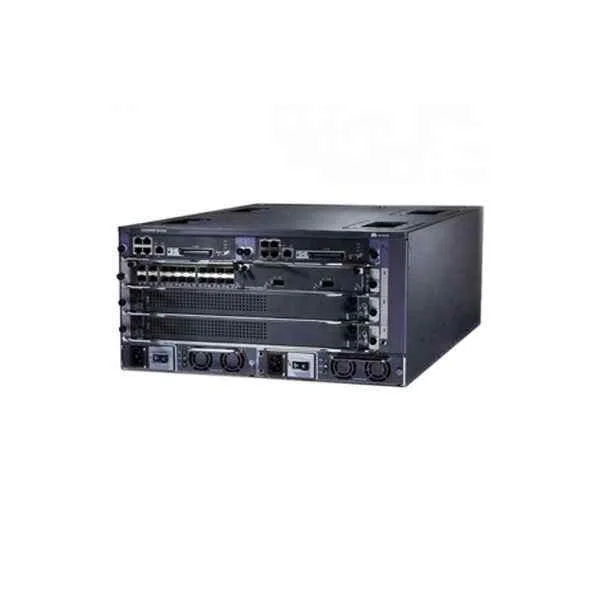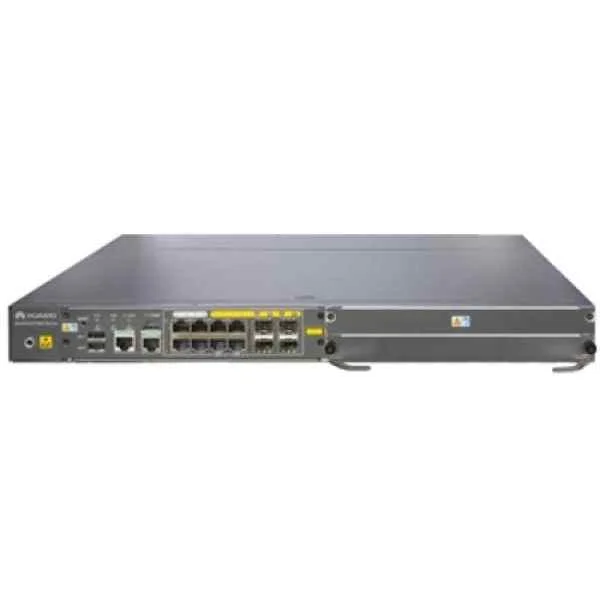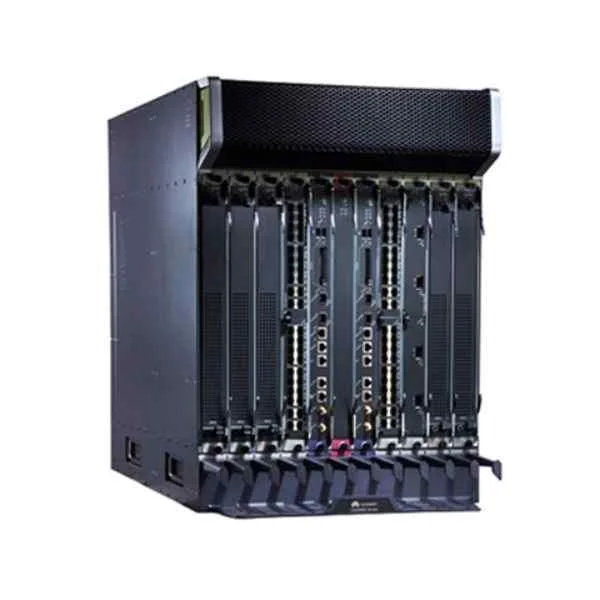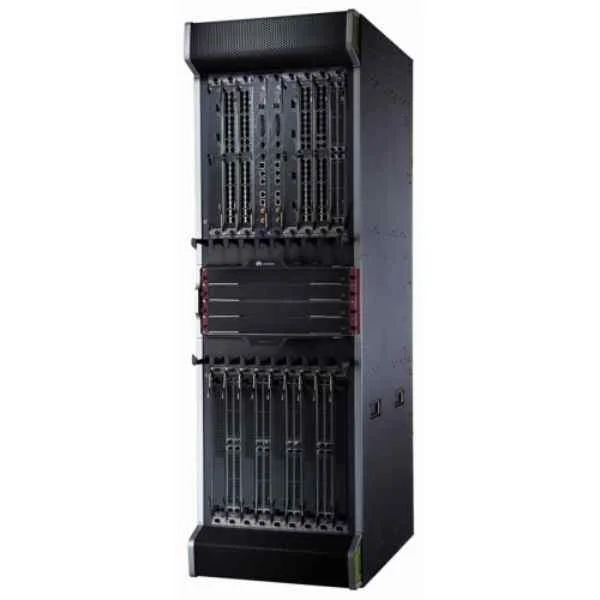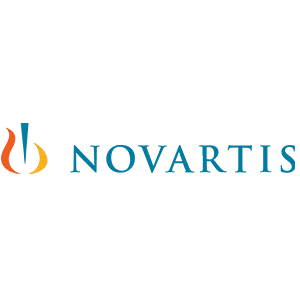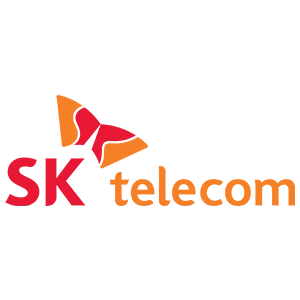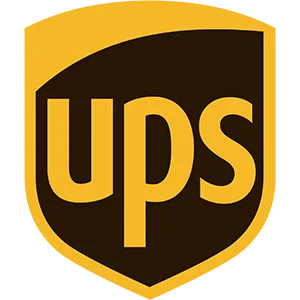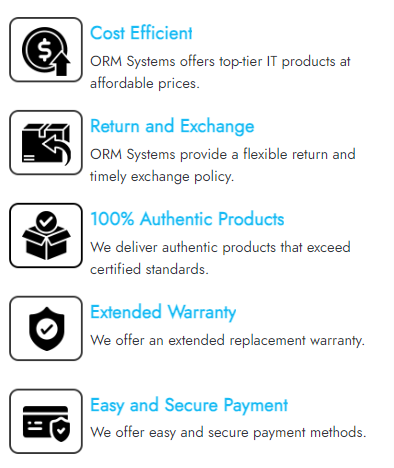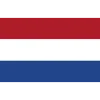AntiDDoS8030 Specifications
|
|
Interfaces and performance
|
|
Throughput
|
Up to 120 Gbit/s
|
|
Throughput/Slot
|
Up to 80 Gbit/s
|
|
Mitigation Rate/Slot
|
Up to 60 Mpps
|
|
Latency
|
80 μs
|
|
Expansion Slots
|
3
|
|
Expansion LPU
|
FW-LPUF-120, 2 sub-slots
|
|
Expansion Interfaces
|
24 x GE (SFP); 5 x 10 GE (SFP+); 6 x 10 GE (SFP+); 12 x 10 GE (SFP+); 1 x 40 GE (CFP); 1 x 100 GE (CFP)
|
|
Dimensions
|
|
Height x Width x Depth
|
DC: 175 mm x 442 mm x 650 mm (4U)
AC: 220 mm x 442 mm x 650 mm (5U)
|
|
Weight
|
DC chassis: 15 kg (empty), 30.7 kg (full)
AC chassis: 25 kg (empty), 40.7 kg (full)
|
|
Power and Environment
|
|
Power Supply
|
Rated input voltage:
DC: -48V
AC: 175V to 264V; 50 Hz/60 Hz
Maximum input voltage range:
DC: -72V to -38V
AC: 90V to 264V; 50 Hz/60 Hz
|
|
Power Consumption
|
1 x FW-LPUF-120 + 2 x ADS-SPUC-B + 2 x ADS-SPC-80-01:
DC: 1,066W (avg.), 1,272W (max.)
AC: 1,185W (avg.), 1,414W (max.)
|
|
Power Redundancy
|
DC: Double hot-swappable power modules
AC: Double hot-swappable power modules
|
|
Operating Temperature
|
0°C to 45°C (long-term), -5°C to 50°C (short-term)
|
|
Storage Temperature
|
-40°C to 70°C
|
|
Operating Humidity
|
5% RH to 85% RH, non-condensing (long-term), 5% RH to 95% RH, non-condensing (short-term)
|
|
Storage Humidity
|
0% RH to 95% RH
|
|
Certifications
|
|
Safety Certifications
|
Electro Magnetic Compatibility (EMC) certification
CB, Rohs, FCC, MET, C-tick, and VCCI certification
|
|
DDoS Defense Specifications
|
|
Defense against protocol abuse attacks
Defense against Land, Fraggle, Smurf, WinNuke, Ping of Death, Teardrop, and TCP error flag attacks
|
Web application protection
Defense against HTTP GET flood, HTTP POST flood, HTTP slow header, HTTP slow post, HTTPS flood, SSL DoS/DDoS, WordPress reflection amplification, RUDY, and LOIC attacks; packet validity check
|
|
Defense against scanning and sniffing attacks
Defense against address and port scanning attacks, and attacks using Tracert packets and IP options, such as IP source route, timestamp, and record route
|
DNS application protection
Defense against DNS query flood, DNS reply flood, and DNS cache poisoning attacks; source limit
|
|
Defense against network-type attacks
Defense against SYN flood, SYN-ACK flood ACK flood, FIN flood, RST flood, TCP fragment flood, UDP flood, UDP fragment flood, IP flood, ICMP flood, TCP connection flood, sockstress, TCP retransmission, and TCP empty connection attacks
|
SIP application protection
Defense against SIP flood/SIP methods flood attacks, including Register, Deregistration, Authentication, and Call flood attacks; source limit
|
|
Defense against UDP-based reflection amplification attacks
Defense against NTP, DNS, SSDP, Chargen, TFTP, SNMP, NetBIOS, QOTD, Quake Network Protocol, Portmapper, Microsoft SQL Resolution Service, RIPv1, and Steam Protocol reflection amplification attacks
|
Filter
IP, TCP, UDP, ICMP, DNS, SIP, and HTTP packet filters
|
|
Location-based filtering
Traffic block or limit based on the source IP address location
|
|
Attack signature database
RUDY, slowhttptest, slowloris, LOIC, AnonCannon, RefRef, ApacheKill, and ApacheBench attack signature databases; automatic weekly update of these signature databases
|
IP reputation
Tracking of most active 5 million zombies and automatic daily update of the IP reputation database to rapidly block attacks; local access IP reputation learning to create dynamic IP reputation based on local service sessions, rapidly forward service access traffic, and enhance user experience
|
|
Management and Reporting
|
|
Management functions
Account management and permission allocation; defense policy configuration and report display based on Zones (up to 100,000 Zones, namely tenants); device performance monitoring; source tracing and fingerprint extraction through packet capture; email, short message, and audio alarms; log dumping; dynamic baseline learning
|
Report functions
Comparison of traffic before and after cleaning; top N traffic statistics; application-layer traffic comparison and distribution; protocol distribution; traffic statistics based on the source location; attack event details; top N attack events (by duration or number of packets); distribution of attacks by category; attack traffic trend; DNS resolution success ratio; application-layer top N traffic statistics (by source IP address, HTTP URI, HTTP HOST, and domain name); download of reports in HTML/PDF/Excel format; report push via email; periodical generation of daily, weekly, monthly, and yearly reports
|
|
Traffic Diversion and Injection
|
|
Traffic diversion
Supports manual, and PBR or BGP based automatic traffic diversion
|
Traffic injection
Supports static route injection, MPLS VPN injection, MPLS LSP injection, GRE tunnel injection, Layer 2 injection, PBR based injection, etc
|
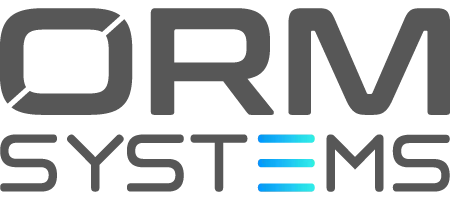

 +1 (281) 747-5957
+1 (281) 747-5957





